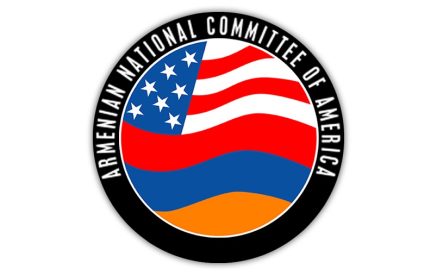Strasbourg, 20.06.2023 – Over the past seven years, progress has been made and good practices developed in the field of inclusive education, migrant integration, and anti-discrimination legislation in Armenia, says the Council of Europe’s anti-racism commission (ECRI) in the new report published today. However, some issues still cause concern, such as the absence of a full equality mandate given to the Human Rights Defender institution, insufficient action against hate speech and discrimination and bullying at schools, as well as delays with the adoption of the Equality Law and the fact that it does not cover all discrimination grounds.
On the positive side, ECRI notes emergency measures in the field of inclusive education to ensure the continuation of education for 80% of schoolchildren from low-income families in rural areas affected by school closures in primary and upper-secondary education due to the Covid-19 pandemic. Reforms in the field of education, including the refurbishing of schools and the strengthening of teacher training, are under way. Training on addressing hate speech/hate crime or discrimination were organised for various professionals, including for police officers, investigators, prosecutors, and judges.
The new criminal legislation contains anti-discrimination and anti-hate crime provisions with an open list of protected grounds, including “race”, skin colour, belonging to an ethnic minority, religion and “other circumstances of a personal and social nature”.
A free-of-charge mobile application (MigApp) was developed for migrants, special measures were taken to ensure the integration of migrant children into the school system, and the launch of a new electronic platform in January 2022 to register work permit applications considerably simplified the access of migrants to work.
Read also
However, ECRI says, the Human Rights Defender institution has hardly received any discrimination complaints, mainly due to the absence of comprehensive anti-discrimination legal provisions. In its report, ECRI recommends that a full equality mandate be given by law to the Human Rights Defender.
There is no specific system to tackle discrimination and bullying in education, particularly vis-à-vis LGBTI students. A lack of awareness of equality issues among students and school staff is observed. The authorities have not taken any initiative or provided support to discourage hate speech through counter-speech and alternative speech, ECRI says. ECRI recommends establishing effective school policies and mechanisms to prevent, monitor and respond to bullying, in particular LGBTI-phobic attacks. Authorities should also take action to prevent and combat online hate speech, including by ensuring that removal procedures and conditions as well as liability rules imposed on internet intermediaries are transparent, clear and predictable.
Authorities should ensure that the draft Equality Law is adopted within a reasonable time, and provides for effective, proportionate and dissuasive sanctions for discrimination cases. The law should also explicitly cover all grounds of discrimination relevant to ECRI, including sexual orientation, gender identity and sex characteristics, which is « absolutely necessary to ensure a more effective protection of LGBTI people from discrimination ».
ECRI also recommends that the authorities prioritise LGBTI equality. Homosexuality should not be considered and recorded as a mental health disorder, and LGBTI-phobic discourse in the political sphere should not remain unchallenged.
In its report, ECRI further recommends that the authorities adopt, as a matter of priority, an Integration Strategy accompanied by suitable financial resources and capacity-building activities that will ensure the effective implementation of concrete support actions for refugees, asylum seekers and migrants, as well as any other persons or groups of persons in similar situations, including, among others, language and civic orientation courses.
The European Commission against Racism and Intolerance (ECRI) is a unique human rights body that monitors action against racism, discrimination (on grounds of “race,” ethnic/national origin, colour, citizenship, religion, language, sexual orientation, gender identity and sex characteris

























































